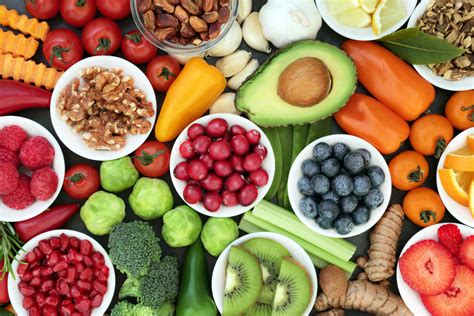Natural testosterone optimization: key steps for peak male performance?

Testosterone, often called the primary male hormone, plays a critical role in far more than just sex drive and muscle mass. Optimal testosterone levels contribute to energy, mood, cognitive function, bone density, and overall vitality. While synthetic interventions exist, many men are seeking natural, sustainable ways to optimize their testosterone for peak performance and long-term health. This article delves into the key lifestyle strategies that can help you naturally enhance your testosterone production.
The Foundation: Diet and Nutrition
What you eat directly impacts your hormone production. A balanced diet rich in whole foods is paramount. Focus on healthy fats, which are crucial precursors to steroid hormones like testosterone. Avocados, nuts, seeds, olive oil, and fatty fish (like salmon) are excellent choices. Adequate protein intake supports muscle repair and growth, which is indirectly linked to testosterone. Furthermore, specific micronutrients are non-negotiable for testosterone synthesis.
- Zinc: Found in oysters, red meat, poultry, and beans, zinc is vital for testosterone production and preventing its conversion to estrogen.
- Vitamin D: Often called the “sunshine vitamin,” Vitamin D acts as a steroid hormone in the body and has a strong correlation with testosterone levels. Spend time in the sun or consider supplementation.
- Magnesium: Found in leafy greens, nuts, and seeds, magnesium can increase both total and free testosterone levels.

Exercise Smart, Not Just Hard
Physical activity is a powerful testosterone booster, but the type and intensity matter. Resistance training (weightlifting) is particularly effective. Exercises that recruit large muscle groups, such as squats, deadlifts, bench presses, and rows, trigger a significant hormonal response. High-Intensity Interval Training (HIIT) has also been shown to elevate testosterone. However, beware of overtraining, as excessive, prolonged endurance exercise can actually suppress testosterone by increasing cortisol levels.

Prioritize Rest and Recovery
Sleep is arguably one of the most overlooked pillars of hormonal health. Chronic sleep deprivation dramatically lowers testosterone levels. Aim for 7-9 hours of quality sleep per night. During deep sleep cycles, your body produces the majority of its daily testosterone. Establish a consistent sleep schedule, optimize your bedroom environment (dark, cool, quiet), and avoid screens before bed to support your circadian rhythm.

Master Stress Management
In today’s fast-paced world, chronic stress is endemic, and it’s a significant enemy of testosterone. When you’re stressed, your body releases cortisol. High cortisol levels have an inverse relationship with testosterone – as cortisol goes up, testosterone often goes down. Incorporate stress-reducing practices into your daily routine, such as meditation, yoga, deep breathing exercises, spending time in nature, or engaging in hobbies you enjoy.
Lifestyle Choices That Matter
Beyond diet, exercise, and sleep, several other lifestyle factors can influence your testosterone levels:
- Limit Alcohol: Excessive alcohol consumption can disrupt the endocrine system and impair testosterone production. Moderate intake is key.
- Avoid Endocrine Disruptors: Chemicals found in plastics (BPA, phthalates), pesticides, and certain personal care products can mimic or block hormones, negatively impacting testosterone. Choose glass or stainless steel containers, and opt for natural, organic products where possible.
- Maintain a Healthy Weight: Obesity, particularly excess abdominal fat, is strongly linked to lower testosterone. Fat cells contain an enzyme called aromatase, which converts testosterone into estrogen.

Targeted Natural Supplements (Use with Caution)
While a holistic approach to diet, exercise, and lifestyle is foundational, certain natural supplements, when used judiciously, may offer additional support. Always consult with a healthcare professional before starting any new supplement regimen.
- Ashwagandha: An adaptogenic herb that can help reduce stress (and thus cortisol) and has been shown in some studies to boost testosterone.
- Fenugreek: Some research suggests fenugreek seeds can support healthy testosterone levels.
- D-Aspartic Acid (DAA): An amino acid that may play a role in regulating testosterone synthesis.

Conclusion
Optimizing testosterone naturally is not about a quick fix; it’s about adopting a sustainable, holistic lifestyle that supports overall health and hormonal balance. By focusing on nutrient-dense foods, intelligent exercise, quality sleep, effective stress management, and smart lifestyle choices, you can empower your body to produce testosterone optimally, leading to enhanced energy, vitality, and peak male performance. Embrace these steps, and you’ll be well on your way to unlocking your full potential.









